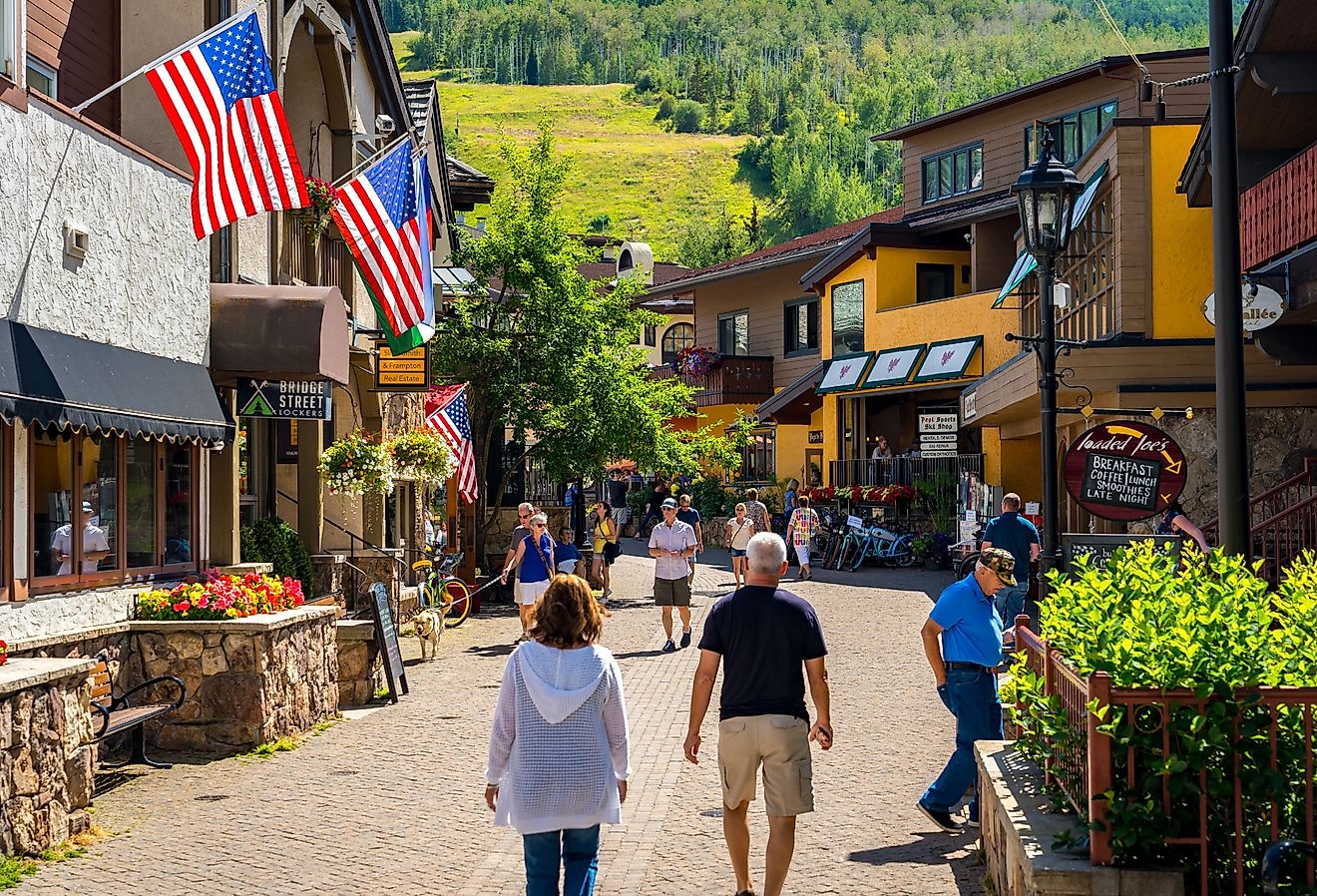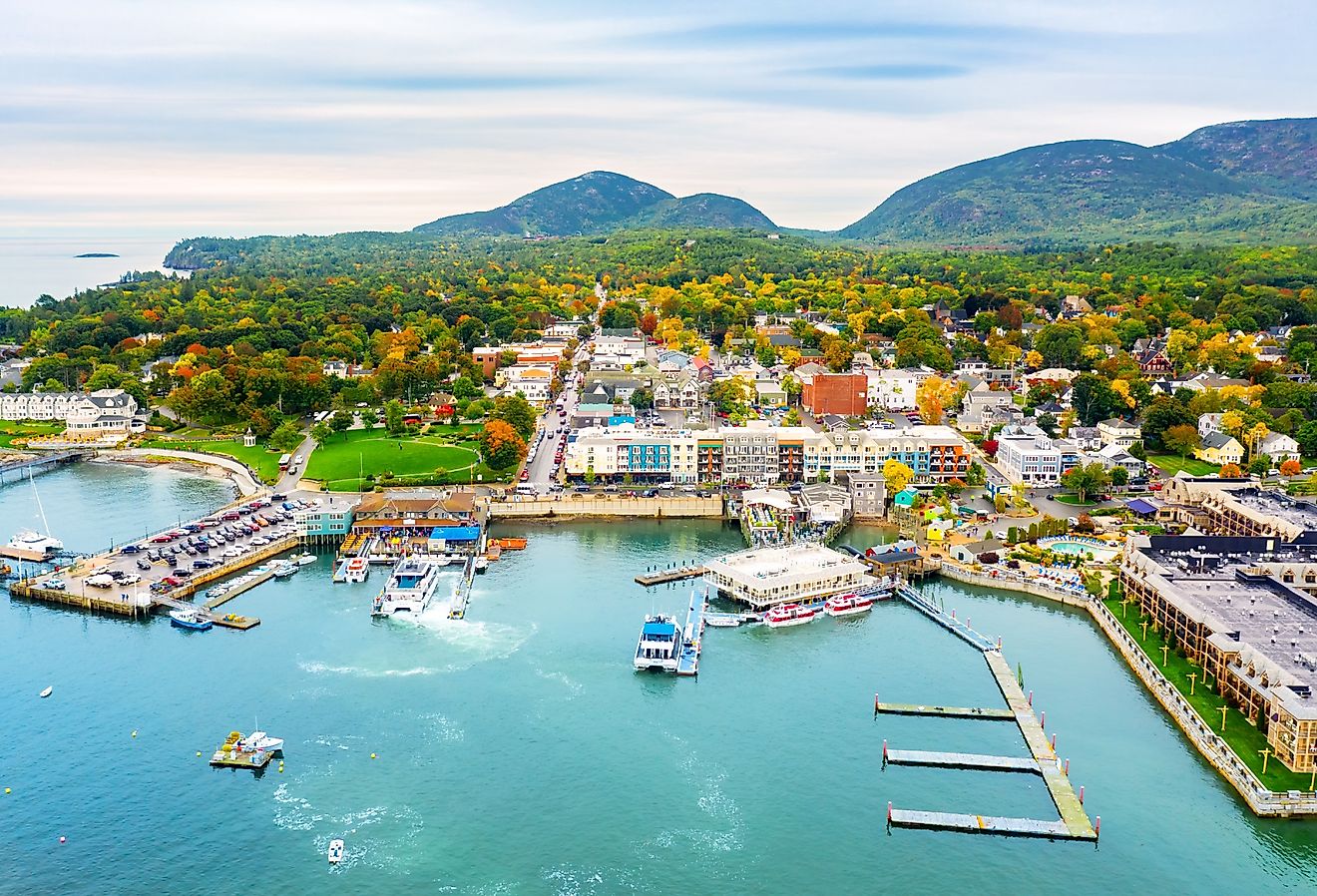
12 Serene Louisiana Towns For A Weekend Retreat
Louisiana is known for big-name destinations like New Orleans, Baton Rouge, and Lafayette, but the real peace and quiet lives outside the spotlight. Tucked away from the noise are small towns that move at a slower pace. These are the kinds of places where streets are quiet, strangers say hello, and you can spend a full day just walking, eating, and exploring without checking your phone.
Here, “serene” means low population, fewer crowds, and a lot of charm. These towns have old homes, scenic spots, local diners, and just enough things to do without feeling busy. Some sit on quiet bayous, others are full of historic buildings and old churches. Each one is ideal for a weekend escape.
If you're a couple looking to relax, a solo traveler needing space, or just someone who wants a slower weekend, these towns are worth a visit. Bring a book. Leave your laptop! With that, here are 12 serene Louisiana towns for a weekend retreat.
St. Francisville
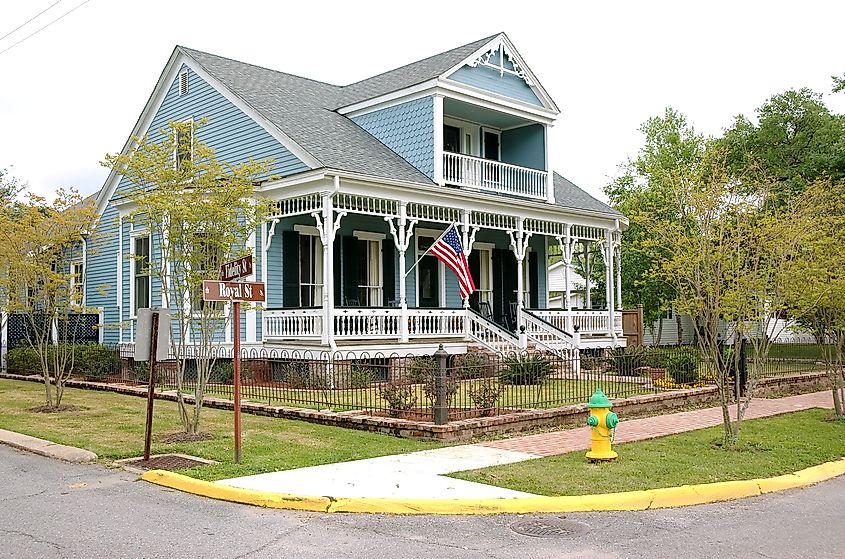
St. Francisville is one of the oldest towns in Louisiana’s Florida Parishes. Locals joke it’s “two miles long and two yards wide,” built along a narrow ridge formed during the Glacier Period. This ridge, made of wind-blown soil from the western plains, created steep loess cliffs up to 90 feet high. It’s a unique formation found only in a thin band from Baton Rouge up to Tennessee, technically the last stretch of the Appalachian foothills.

Today, St. Francisville is quiet and scenic, perched above the Mississippi River. It’s known for its peaceful vibe, walkable streets, and deep history. Stroll along Ferdinand Street, a quiet street lined with beautiful houses, explore the Grace Episcopal Church which dates back centuries, and spend time hiking the shaded trails at Tunica Hills. Don’t skip a tour of the Rosedown Plantation State Historic Site or the famously haunted Myrtles Plantation.
Grand Coteau

Grand Coteau is a quiet town surrounded by moss-covered oaks and peaceful gardens. It feels like time slows down here. In the early 1800s, it was a stop for travelers between Washington and St. Martinville. Today, it’s known for something sweeter, literally. In 2014, Grand Coteau was named the Sweet Dough Pie Capital of Louisiana.
Every October, people gather for the Sweet Dough Pie Festival to try classic flavors like fig, lemon, sweet potato, and blackberry. The town is also home to the Academy of the Sacred Heart, a girls' school founded in 1821, where you can visit the Shrine of St. John Berchmans and learn about a local miracle. After that, browse antique stores like Petite Rouge Antiques & Organics and Sunset Antique Market, enjoy a picnic, and try the local food.
Abita Springs

Abita Springs is a quiet, tree-filled town with a creative, laid-back vibe. Long before it became known for quirky art and beer, this area was home to Native American communities over 2,000 years ago. They settled here because of the clean spring water, fish, and wild game. By the late 1800s, Abita Springs became a health resort town. The Long Branch Hotel, built in 1880, was one of the first big resorts. It's still standing today and listed on the National Register of Historic Places.

Visitors often stop by the Abita Mystery House, a funky roadside attraction full of homemade inventions and odd collections. For outdoor time, head to the Abita Springs Trailhead Park or rent a bike and ride the Tammany Trace, a scenic path that runs through town. Before you leave, relax with a local beer at the Abita Brewery, especially peaceful during off-peak hours!
Washington
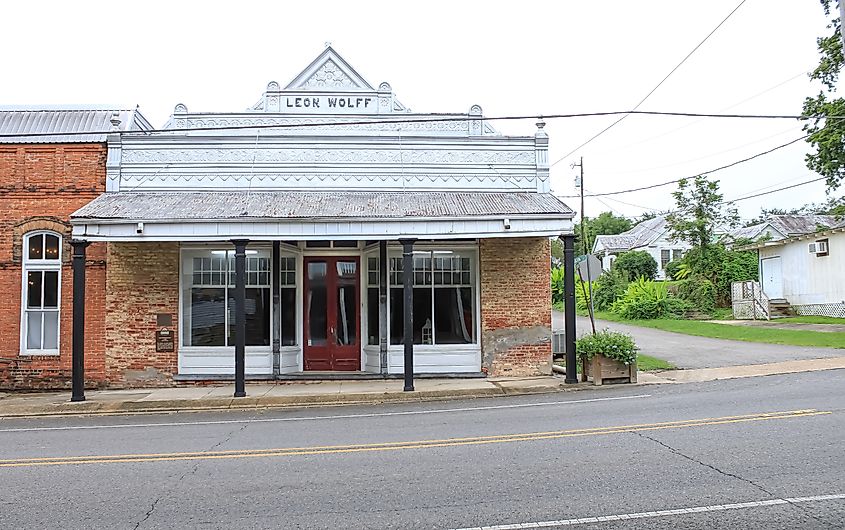
Washington, founded in 1720 and incorporated in 1835, is Louisiana’s 3rd oldest settlement. Originally a French trading post named Poste des Opelousas, it was later called Church Landing due to its first church, La Iglesia paroquial de la Immaculada Conception del Puesto de Opelousas, which was constructed in 1774.
The land was first transfered to Jacques Courtableau and then sold in lots starting in 1822. This peaceful town has a tiny population and is one of Louisiana’s oldest. Its historic Old Steamboat Warehouse stands as a reminder of its past. Visitors can enjoy antique shopping, stroll down Main Street, and attend the Washington Steamboat Festival.
Madisonville
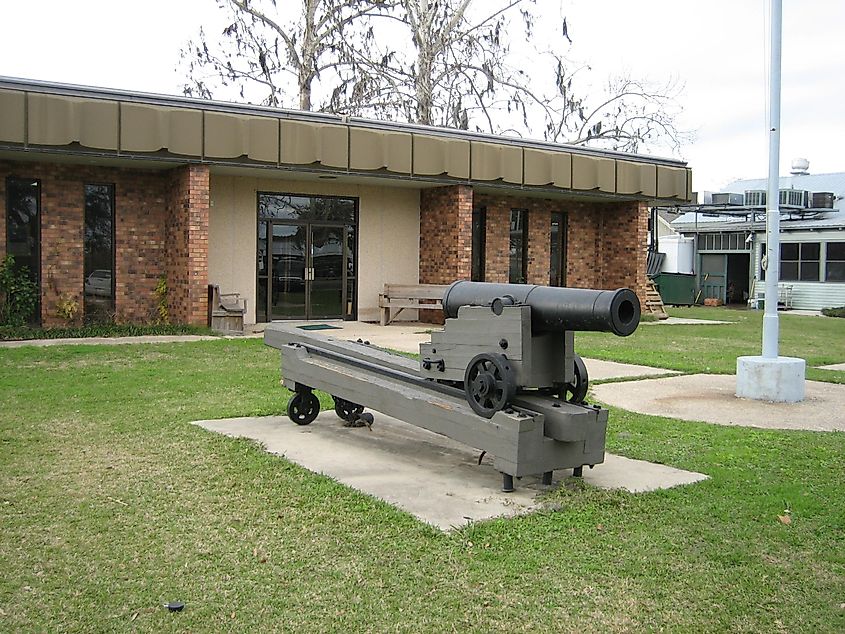
Madisonville is a small town on the Tchefuncte River in Louisiana. It's one of the oldest settlements in the state and the oldest permanent one in St. Tammany Parish. In the early 1800s, mail carriers delivered mail on horseback to Post Oak, a large tree by the river. This made Madisonville the southern end of the pony express. The town was renamed in 1811 after President James Madison and was officially incorporated in 1817.
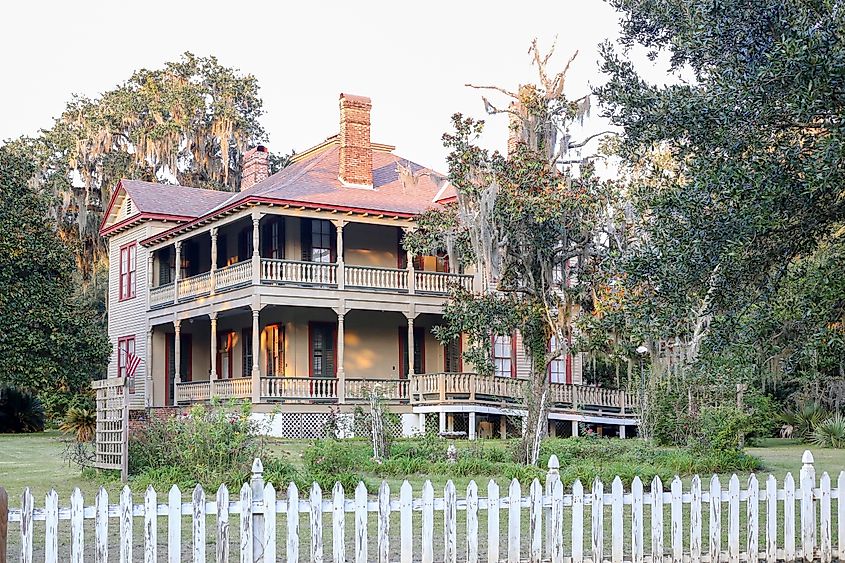
After local resident Jean Baptiste Baham died, his five sons divided his land into lots, helping shape the town’s layout. Today, Madisonville is known for its quiet riverside setting. You can take a stroll along the boardwalk, eat fresh seafood by the water at the T Rivers Bar & Grill, and visit the Lake Pontchartrain Scenic View. The old lighthouse adds to the town’s charm, and the calm river views make it a relaxing place to visit.
Jeanerette
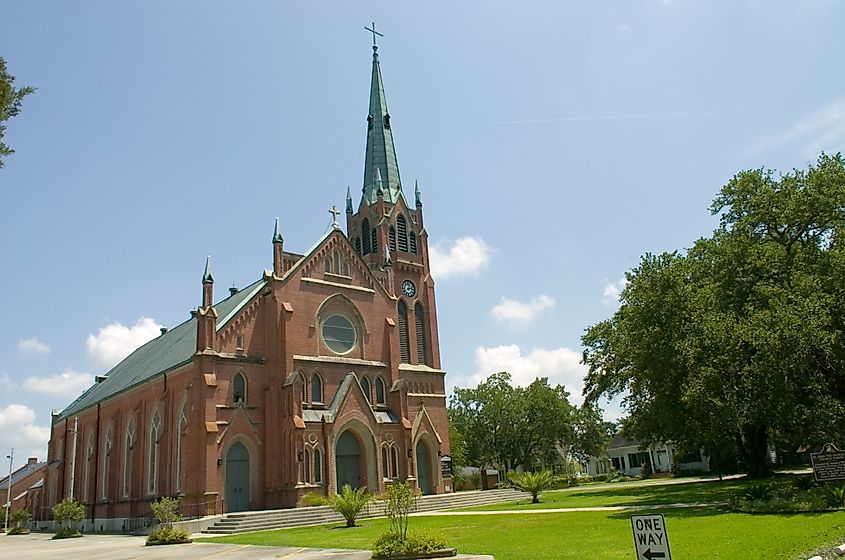
Jeanerette, known as “Sugar City,” is a peaceful town along the Bayou Teche. It has deep roots going back to the American Indians and was once a border area between the Attakapas and Chitimacha tribes. The town’s early growth began with Nicholas Provost, born in 1743, who started sugar cultivation in the region.
Jeanerette became an official city in 1878, with Joseph E. Provost as its first mayor. Today, visitors enjoy quiet fishing spots, sugar industry exhibits, and boat tours along Bayou Teche. The Jeanerette Museum is a must-see, sharing the town’s rich past and connection to Louisiana’s sugar-growing history.
Homer
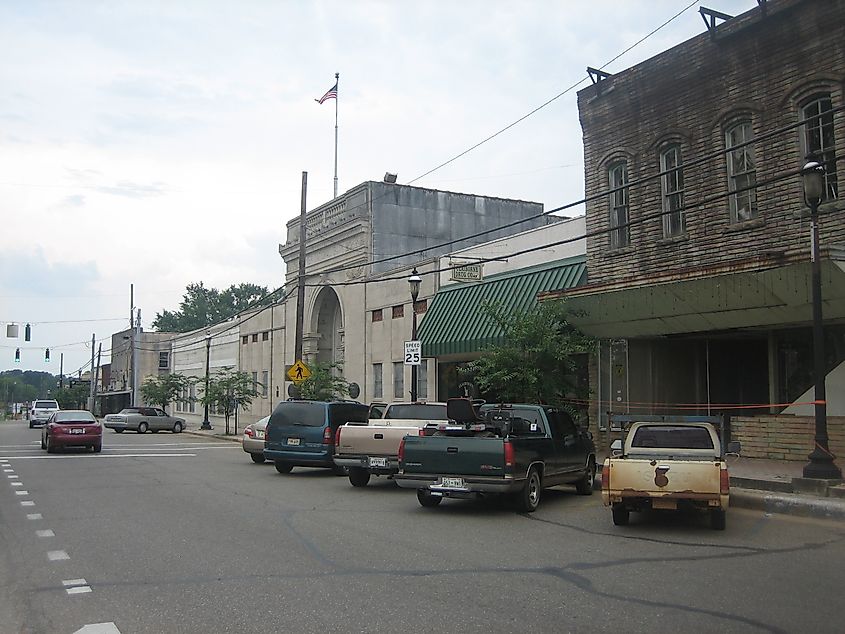
Homer is a quiet, small town in North Louisiana with deep roots in Civil War history. It was founded after a major fire on November 6, 1849, destroyed the parish courthouse in Old Athens. The cause of the fire is still debated, but it led officials to look for a more central location for the parish seat. That’s how Homer was born. During the Civil War, Homer became a safe place for families.
Today, you can drive through peaceful rolling hills, explore old cemeteries, and visit the Herbert S. Ford Memorial Museum. The historic Claiborne Parish Courthouse still stands in the center of town. Homer may be small, but its past tells a big story of survival, movement, and change during some of the toughest times in Louisiana’s history.
Clinton
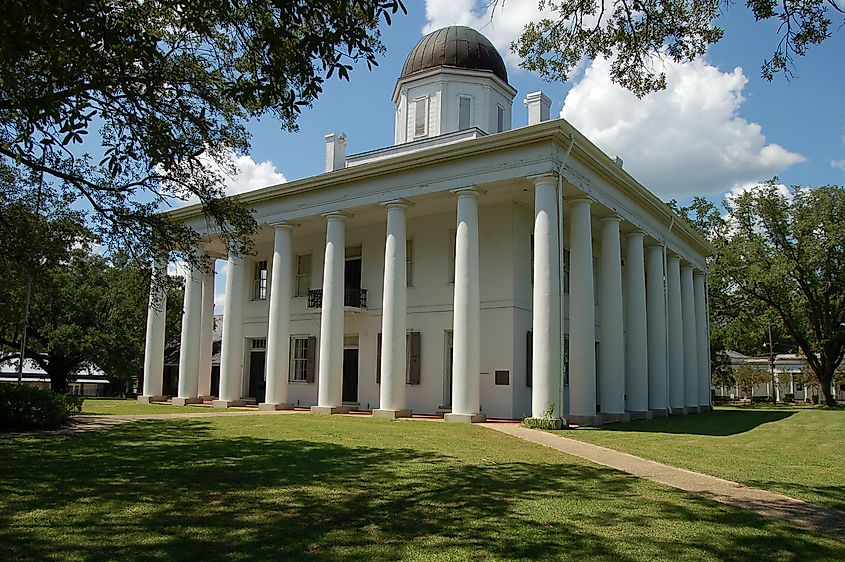
Clinton, founded in 1824, sits on high ground near Pretty Creek in East Feliciana Parish. The land was first granted by the Spanish to Lewis Yarbrough, then sold to Susan and John Bostwick and James Holmes. By 1830, Clinton was growing fast. It became the legal hub of the region and later thrived as a cotton trading center when the Clinton and Port Hudson Railroad arrived in the 1830s.
Many of the town’s 1800s buildings still stand, showing off its past wealth and charm. Clinton was officially incorporated in 1852. Today, it’s a quiet place with shaded streets, old churches like St. Andrew's Episcopal Church and St. Peter's United Methodist Church, antique shops like H Mercantile, and the East Feliciana Parish Courthouse from 1840.
Winnsboro

Winnsboro is a quiet town in northeast Louisiana, known for its small-town charm and friendly people. It was once called Winnsborough, but in 1902, Governor William Wright Heard officially changed the name and incorporated it as Winnsboro. It sits in Franklin Parish, named after Benjamin Franklin. The town’s heart is Patriot Square, where American flags fly proudly and local pride runs deep.
The historic Princess Theatre still hosts shows, adding to the town’s character. You can stroll through downtown, visit local shops, or relax in one of the parks. Fishing and hunting are popular in the nearby countryside. Winnsboro was built on cotton farming and still values its agricultural roots.
Lake Arthur
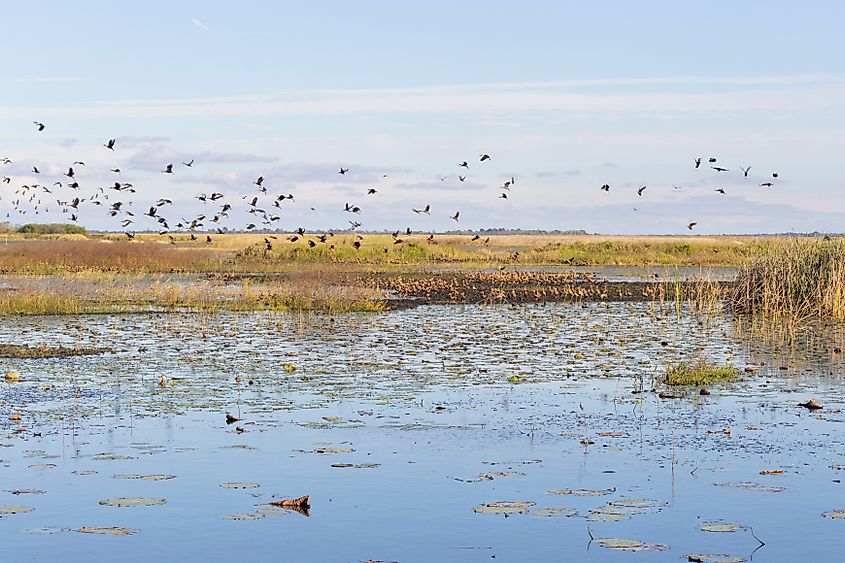
Lake Arthur is a small town in Jefferson Davis Parish, right off I-10, sitting on the shores of a lake with the same name. It was named after early settler Arthur Le Blanc, who lived along what was once called La Petite Lac Mermentau. The town became officially incorporated in 1903. Lake Arthur Park is the heart of the town.
Visitors come here to swim, relax on the beach, walk the boardwalk, and enjoy the playground or grills. Right next to the park is Regatta Seafood and Steakhouse, known across southwest Louisiana. It’s a great spot to eat crawfish étoufée while watching boats pass by. Sunsets are especially pretty here. You’ll see people birdwatching or fishing off the pier. Historic homes line Arthur Avenue, giving the town a charming, old-time feel.
Delcambre
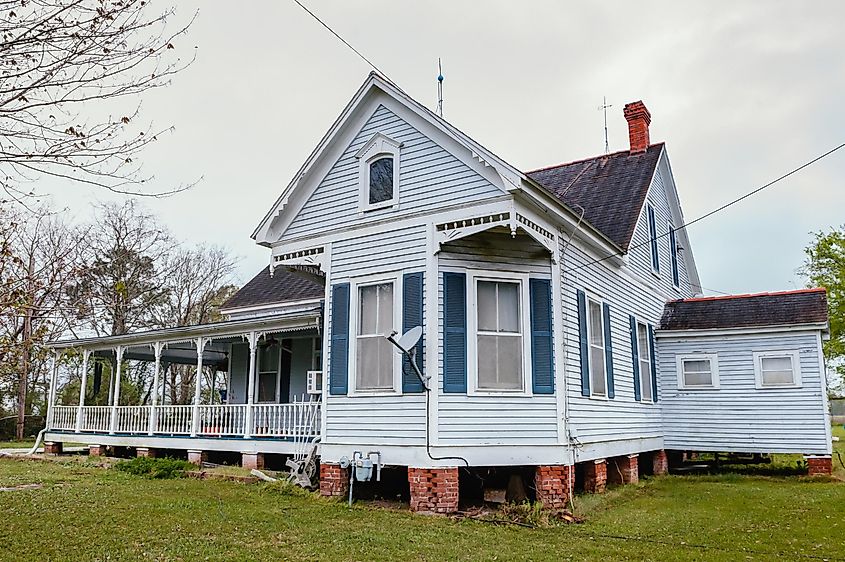
Delcambre is a quiet fishing town split between Vermilion and Iberia parishes, located along Louisiana Highway 14. It’s known for calm waters, shrimp boats, and its historic canal that connects to Vermilion Bay and the Gulf. Shrimping has been big here since the 1930s, when the bayou was just a narrow canal. The town began as farmland settled under Spanish land grants in the late 1700s.
Families like Carlin, Prevoux, and Petit were among the first. Later, Desire Delcambre, son of Pouffette Delcambre, founded the town and gave it his name. Delcambre grew slowly. A store opened in 1870, the post office went through a few name changes, and the first church was built in 1897. A short-lived commercial college opened in 1906. By 1932, Delcambre High School had its first graduating class. Today, you can enjoy fresh seafood, dockside strolls, and the low-key Shrimp Festival if you visit in the third week of August.
Farmerville
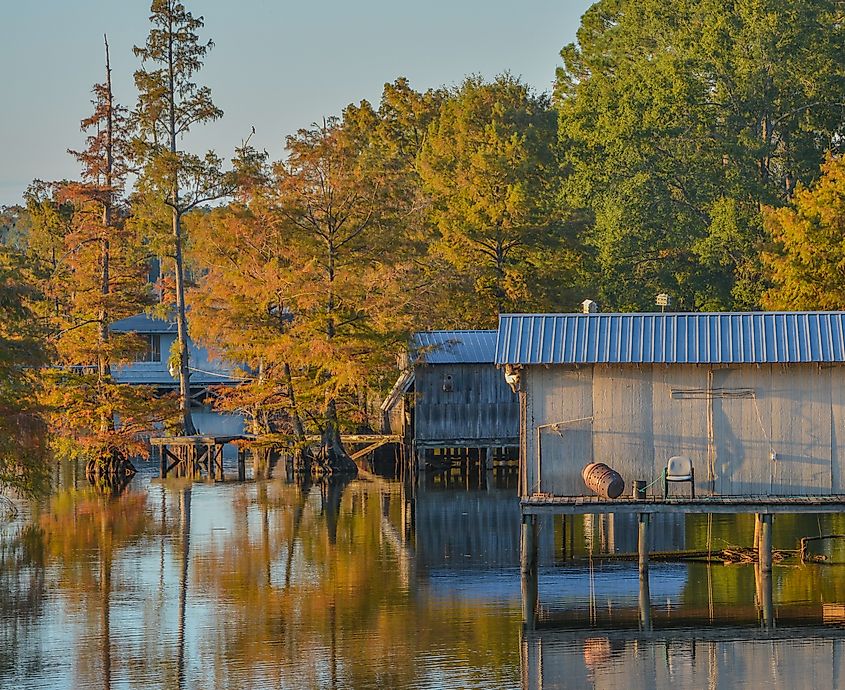
Farmerville is a quiet lakeside town, perfect if you like fishing, hiking, or just being out in nature. Long before Farmerville was officially a town, a trapper named John Honeycutt settled here. He was surrounded by wildlife and lived near Native Americans. He got a land grant and started making a living off the land. Farmerville was organized and mapped in 1839. It became an official town in 1842, thanks to the general assembly.
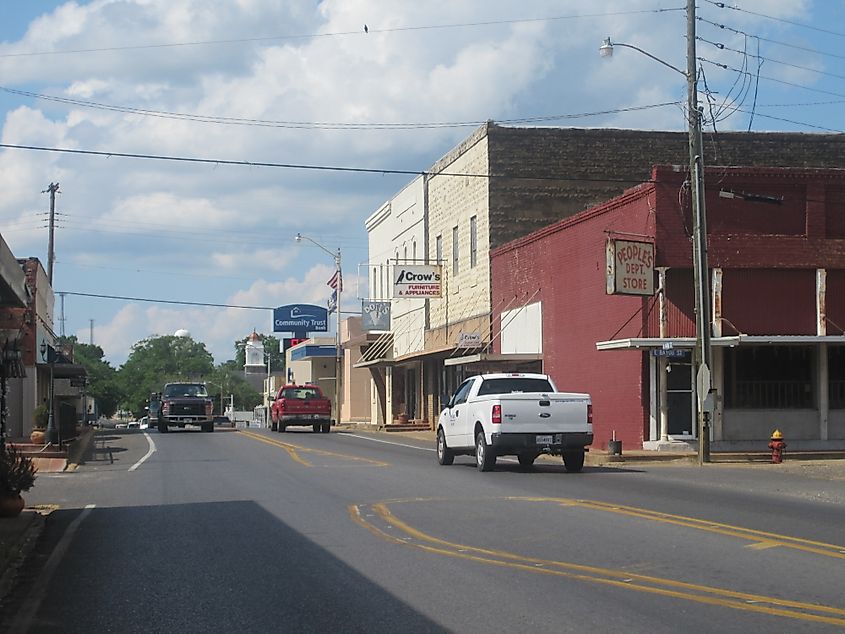
The original charter had a few changes over the years, and the version written in 1870 is still in use today. The calm waters of Lake D’Arbonne draw people in for paddling, birdwatching, and peaceful walks. The town also has a few old buildings downtown that give a glimpse of its early days. If you're visiting, don't miss Lake D’Arbonne State Park. It's the heart of Farmerville’s outdoor life.
You don’t have to go far to slow down. These small towns in Louisiana are calm, friendly, and full of character. Whether you’re into old buildings, quiet nature spots, or just looking for a break from busy city life, there’s something here for you. Pack light, drive slow, and give yourself the kind of weekend where your only plan is to relax.
